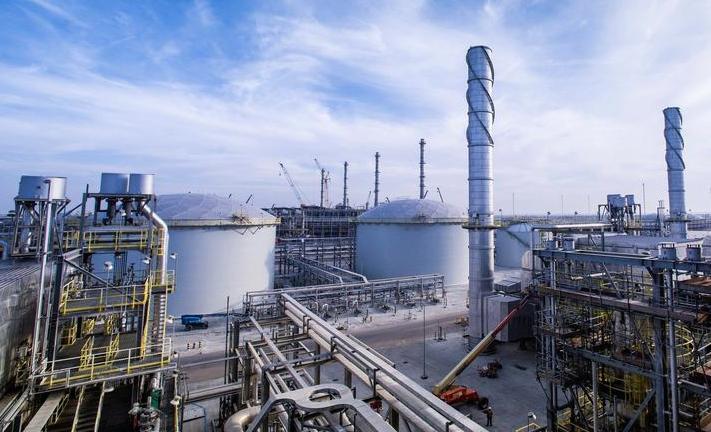Nigeria’s recent financial instability took a critical turn when the highly anticipated $5 billion oil-backed loan from Saudi Aramco was reportedly delayed because of falling global oil prices. The loan was expected to fund Nigeria’s 2025 budget for 2025 and stabilise an economy weighed down by mounting debt and shrinking foreign reserves.
But the delay is more than a funding hiccup; it’s a stark reminder of the dangers of overrelying on a single product: crude oil. For over three decades, oil has accounted for more than 70% of Nigeria’s government revenue and more than 90% of export earnings.
This dependence has left the country vulnerable to the volatility of external oil prices, as the current market illustrates. Still, within this setback lies a valuable opportunity: a chance to double down on long-overdue economic diversification.
In response to the delay and broader financial strains, Nigeria has begun to seek alternative sources of income.
The Federal Inland Revenue Service (FIRS), for instance, has increased the push for tax compliance using digital tax reform and automation. These initiatives are improving transparency and enabling more informal businesses to be brought into the tax net.
In addition, the Bank of Industry and the Bank of Nigeria have launched programmes that are advantageous to SMEs, including agriculture, manufacturing, and technology. The government’s renewed focus on agriculture with programs like the Anchor Borrowers’ Programme is already giving rise to higher rice, maize, and cassava production.
Perhaps the most promising frontier lies in Nigeria’s burgeoning technology ecosystem, often dubbed the “Silicon Valley of Africa.” Lagos-based startups have attracted major foreign investments. The newly enacted Nigeria Startup Act provides a legal framework and incentive to encourage innovation, protect investors, and build tech capacity.
Outside of state efforts, Nigerian communities themselves are diversifying. In the northeast, solar cooperatives and climate-resilient farming are rebuilding economies ravaged by conflicts. Genesys Tech Hub in Enugu and CcHub in Lagos are just some of the technology hubs that are equipping young individuals with digital skills in programming, robotics, and entrepreneurship.
While the Aramco loan delay constitutes short-term financial hazrds, it highlights a long-term reality: Nigeria can no longer afford to anchor its future to oil. By strengthening its tax systems, diversifying in economic base, and investing in grassroots innovation, the country can build a more resilient and inclusive economy.
Nigeria is facing financial instability with the delay of a $5 billion oil-backed loan from Saudi Aramco, primarily due to dropping global oil prices. This loan was crucial for funding Nigeria's 2025 budget and stabilizing its economy. The delay highlights the risks of Nigeria's heavy reliance on the oil sector, which has provided over 70% of government revenue and over 90% of export earnings for decades. The volatility of oil prices underscores the need for economic diversification.
In response, Nigeria is seeking alternative income sources, emphasizing digital tax reform and automation for better tax compliance through agencies like the Federal Inland Revenue Service (FIRS). The country is also promoting small and medium enterprises (SMEs) in agriculture, manufacturing, and technology through programs by the Bank of Industry and the Bank of Nigeria. Agriculture, in particular, is gaining ground with initiatives such as the Anchor Borrowers’ Programme boosting rice, maize, and cassava production.
Nigeria's technology ecosystem, often dubbed "Silicon Valley of Africa," is emerging as a promising domain, with startups receiving significant foreign investments. The Nigeria Startup Act encourages innovation and offers a supportive legal framework. Beyond state initiatives, local communities are diversifying economically through solar cooperatives and tech hubs, which are nurturing skills in programming, robotics, and entrepreneurship.
This financial setback due to the Aramco loan delay reveals a pressing need for Nigeria to reduce its dependence on oil. By enhancing tax systems, diversifying its economic base, and investing in innovation, Nigeria aims to build a more resilient and inclusive economy for the future.






